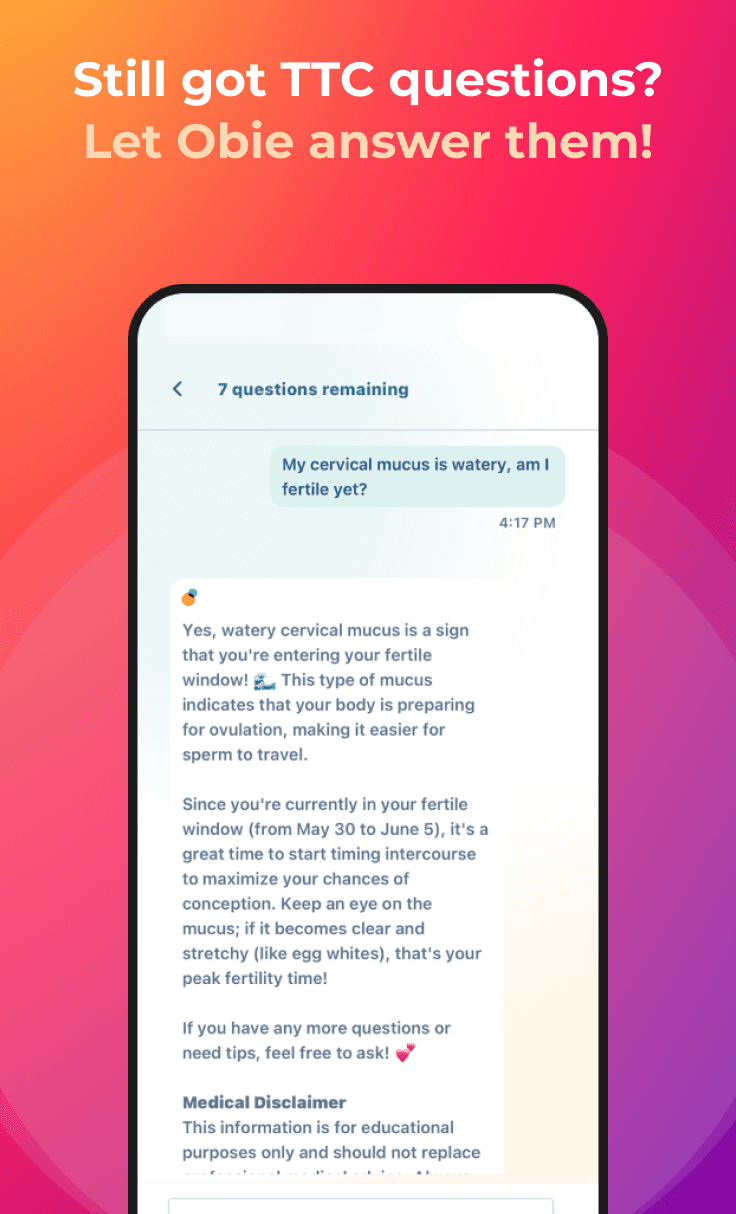Psychological Impacts of Age-Related Infertility
Obie Editorial Team

Facing fertility challenges due to age can be an emotionally overwhelming experience. The stress, uncertainty, and social pressures surrounding age-related infertility can significantly impact mental well-being. Recognizing these emotional challenges is essential for navigating this journey with confidence and support.
Common Psychological Impacts
- Anxiety and Depression: The emotional toll of infertility can lead to increased anxiety and depressive symptoms. Women in their late 30s and 40s may feel pressured by a perceived "biological clock," amplifying stress.
- Relationship Strain: Infertility can put strain on relationships, especially when couples feel out of sync emotionally or differ in their coping strategies.
- Emotional Fatigue: The cycle of trying to conceive, especially when unsuccessful, can be exhausting and emotionally draining.
- Self-Esteem and Identity Issues: For some individuals, fertility struggles may challenge their sense of self, particularly if they strongly identify with parenthood as part of their life path.
Coping Strategies and Support
- Counseling and Therapy: Fertility counseling or therapy can provide coping mechanisms and emotional support tailored to the infertility experience. Therapists trained in fertility issues can offer practical coping strategies and help individuals process grief or anxiety.
- Mindfulness Practices: Techniques such as meditation, yoga, and journaling may help reduce anxiety and improve emotional resilience. Research suggests mindfulness-based practices can improve mental well-being in those undergoing fertility treatments.
- Support Groups: Connecting with others going through similar experiences can provide a sense of community and reduce feelings of isolation. Many find comfort in sharing stories with those who truly understand the challenges they face.
- Setting Boundaries: Limiting exposure to triggers, such as social media pregnancy announcements or conversations that amplify stress, can help maintain emotional stability.
- Journaling and Emotional Release: Writing down your thoughts, feelings, and struggles can provide a healthy emotional outlet, reducing anxiety and mental fatigue.
Final Thoughts
Acknowledging the emotional challenges of infertility is vital. Seeking professional support, leaning on trusted loved ones, and embracing positive coping strategies can help you manage the psychological burden of fertility struggles. Remember that self-compassion and patience are crucial during this time.
Reference: Domar, A. D., et al. (1993). Psychological stress and infertility. Human Reproduction, 8(8), 1153-1158.








